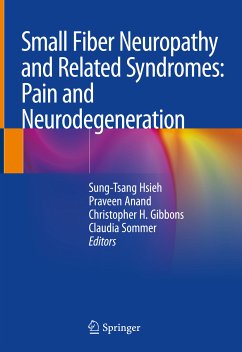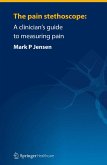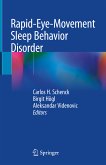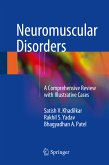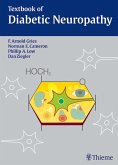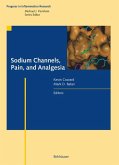SFN is a common peripheral nerve disorder, but was often overlooked due to a lack of objective and specific diagnostic tests for the assessment of small nerve fibers. These fibers mediate thermal sensation, pain detection (nociception), and autonomic regulation. Major symptoms of SFN include neuropathic pain, impaired sensation and autonomic dysfunction. Neuropathic pain poses a diagnostic challenge to clinicians, an essential step for selecting appropriate treatment to relieve suffering.
SFN frequently develops in systemic diseases such as diabetes mellitus, following chemotherapy, infections etc., or presents as a major feature of various genetic neuropathies (e.g. channelopathy and familial amyloidosis). In addition to describing these conditions which lead to SFN, this book also describes related syndromes of neurodegeneration and pain, including fibromyalgia, visceral pain and hypersensitivity.
This definitive book covers both clinical aspects and research progress, which provides in-depth and up-to-date information on SFN. It would be immensely useful for clinicians, neurologists, neuroscientists, diabetologists, and pain specialists.
Dr. Sung-Tsang Hsieh is a professor at Department of Neurology and Institute of Anatomy and Cell Biology, College of Medicine, National Taiwan University, Taiwan. He is also the associate dean of College of Medicine, National Taiwan University, Taiwan. Dr. Praveen Anand is a professor at Department of Clinical Neurology and head of Centre for Clinical Translation, Hammersmith Hospital, UK. Dr. Christopher Gibbons is an associate professor of Neurology, Harvard Medical School, Beth Israel Deaconess Medical Center, USA. Dr. Claudia Sommer is a professor of Neurology at the Department of Neurology, Würzburg University Hospital, Germany.
Dieser Download kann aus rechtlichen Gründen nur mit Rechnungsadresse in A, B, BG, CY, CZ, D, DK, EW, E, FIN, F, GR, HR, H, IRL, I, LT, L, LR, M, NL, PL, P, R, S, SLO, SK ausgeliefert werden.

